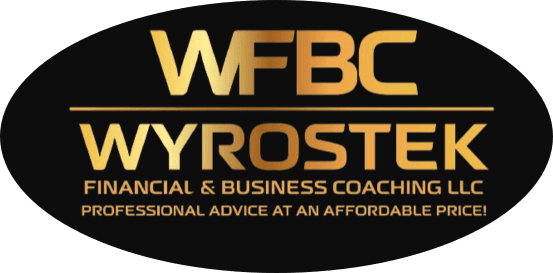You're The Boss

Now What?????
Here are the key considerations a person must take into account before going into business for themselves. I will be direct, practical, and professional—exactly what helps someone think clearly before they move.
⸻
1. The Reality of Cash Flow
Going into business means you are responsible for your income.
There is no steady paycheck. You must plan for:
• Start-up costs
• 3–6 months of personal expenses
• 3–6 months of business expenses
• The time it takes before revenue becomes predictable
Cash flow—not profits—is the single greatest reason businesses survive or fail.
⸻
2. The Need for a Clear Value Proposition
A person must be able to answer one question with absolute clarity:
“Why should someone pay you instead of someone else?”
Vague answers kill businesses. Strong answers build them:
• What problem do you solve?
• Who exactly do you solve it for?
• Why are you the best solution?
⸻
3. Understanding That Marketing Is Not Optional
You can be talented, experienced, and highly qualified—but if people do not know who you are, you will not get clients.
Success requires:
• Consistent marketing
• A clear message
• A predictable system for reaching people
• A way to follow up with leads
Most businesses fail not because of poor service, but because of poor visibility.
⸻
4. The Importance of Personal Discipline
When you work for yourself:
• No one tells you to show up
• No one checks your progress
• No one keeps you accountable
Discipline becomes your greatest asset.
Without discipline, the best ideas fall apart.
⸻
5. Understanding Your Break-Even Point
Before opening the doors, a person must know:
• How much it costs to operate each month
• How many clients or sales they need to cover expenses
• How much margin they need to grow
If you don’t know your break-even point, you’re operating blind.
⸻
6. Legal and Financial Structure
Every new business must decide:
• LLC, sole proprietor, S-Corp
• Who handles bookkeeping
• How taxes will be managed
• What insurance is necessary
• How to separate business and personal accounts
A business without structure becomes a liability.
⸻
7. The Emotional Cost
People underestimate this part.
Being in business demands:
• Handling rejection
• Being misunderstood
• Navigating stress
• Balancing family and work
• Making decisions alone
Emotional resilience matters as much as skill.
⸻
8. The Power of Mentorship
A business owner should never be isolated.
You need:
• A coach
• A financial planner
• An advisor
• Peer relationships
Wise counsel reduces mistakes, saves time, and increases the likelihood of success.
⸻
9. Commitment to Constant Learning
Products change. Technology changes. People change.
If you do not grow, your business stops growing.
A business owner must:
• Study
• Innovate
• Adapt
• Stay relevant
The marketplace rewards the learner.
⸻
10. Your “Why” Must Be Strong
A weak why produces excuses.
A strong why produces endurance.
Your why carries you when:
• Sales slow down
• Problems arise
• Stress increases
• You question whether to continue
A business built on purpose can outlast a business built on convenience.
Send a Message
Reach out to me effortlessly through the contact form. I'm eager to hear from you and ready to assist with any inquiries or opportunities for collaboration. Let's start a conversation that leads to mutual success and growth.
